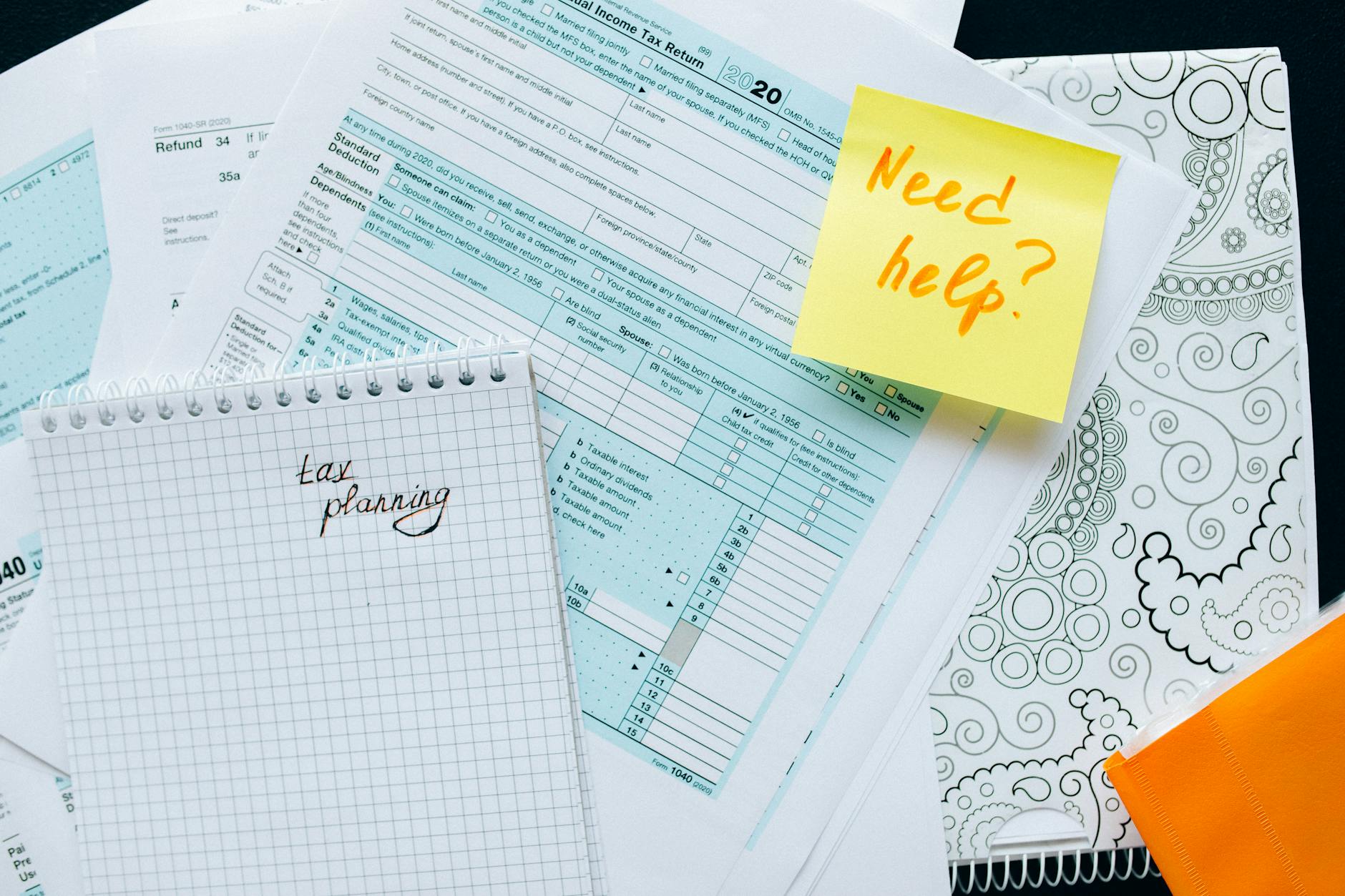What is deadline accountability system?
What is Deadline Accountability System?
In the fast-paced world we live in, managing our time effectively can be a daunting task. Enter the deadline accountability system—a structured approach designed to help individuals and teams stay on track with their goals. This system emphasizes the importance of deadlines, promotes accountability, and enhances productivity. By integrating this approach into our daily routines, we can not only meet our deadlines but also cultivate a culture of responsibility.
Understanding Deadline Accountability Systems
A deadline accountability system is a framework that encourages individuals to meet set deadlines while holding themselves accountable for their actions. At its core, this system revolves around defining clear objectives and implementing measures to ensure that those objectives are met on time.
Components of a Deadline Accountability System
The effectiveness of a deadline accountability system hinges on several key elements:
Clear Deadlines: The first step is to establish specific deadlines for each task. These deadlines should be realistic yet challenging enough to motivate action.
Accountability Measures: This includes identifying who is responsible for what tasks. Whether it’s a team leader or a peer, having someone to report to can significantly increase commitment.
Progress Tracking: Regularly monitoring progress can help identify potential roadblocks early on. Tools like project management apps or simple spreadsheets can be invaluable in this aspect.
Feedback Mechanisms: Constructive feedback helps refine processes and encourages continuous improvement.
Benefits of Implementing a Deadline Accountability System
Adopting a deadline accountability system comes with numerous advantages:
Increased Focus: With clear deadlines and accountability, distractions can be minimized. This focus allows for deeper engagement with tasks.
Enhanced Productivity: When individuals understand that their progress will be monitored, they are more likely to push through procrastination barriers.
Reduced Procrastination: The fear of accountability can often be the nudge needed to get started on tasks that have been put off.
Improved Time Management: By setting and adhering to deadlines, individuals can better allocate their time and resources, making the most of each day.
How to Create Your Own Deadline Accountability System
Implementing your own deadline accountability system doesn’t have to be complex. Here’s a step-by-step guide to get you started:
Step 1: Define Your Goals and Deadlines
Begin by setting SMART goals—Specific, Measurable, Achievable, Relevant, and Time-bound. This ensures your objectives are clear and attainable.
For instance, instead of saying, “I want to finish my project,” specify, “I will complete the first draft of my project by Friday at 5 PM.”
Step 2: Establish Accountability Partners or Tools
To enhance accountability, consider pairing up with a buddy or using project management tools like Asana or Trello. Regular check-ins can be beneficial, ensuring you stay on the path to meeting your deadlines.
Step 3: Monitor and Adjust the System
Tracking your progress is crucial. Set up regular review sessions to assess what’s working and what isn’t. If you find a particular deadline unrealistic, adjust it rather than abandon it altogether.
Real-Life Examples of Deadline Accountability Systems
Let’s look at how real individuals and teams have successfully utilized deadline accountability systems.
Case Study 1: A Student’s Approach to Effective Study Habits
Consider a college student who struggled with procrastination. By implementing a deadline accountability system, they set specific study goals for each week. They shared these goals with a friend for added accountability. As a result, they improved their grades and developed more effective study habits, showcasing the power of this approach.
Case Study 2: A Professional Team’s Project Management Success
In a corporate setting, a marketing team faced challenges in meeting project deadlines. They adopted a deadline accountability system using a project management tool. By breaking down their projects into manageable tasks, assigning deadlines, and holding weekly progress meetings, they significantly improved their efficiency and team collaboration.
Common Challenges and How to Overcome Them
While a deadline accountability system can be highly beneficial, it’s not without its challenges. Here are some common hurdles and strategies to overcome them:
Overcoming Procrastination in Accountability Systems
Staying motivated can be tough. To combat procrastination, try the Pomodoro Technique, where you work for 25 minutes and then take a 5-minute break. This method can help maintain focus and reduce burnout.
Dealing with Unexpected Changes and Setbacks
Life is unpredictable. When you face unforeseen obstacles, reassess your deadlines and be flexible. Adjust your goals if necessary and communicate any changes with your accountability partner or team.
Conclusion: Embrace Deadline Accountability
In conclusion, a deadline accountability system can transform how you manage your time and commitments. By establishing clear deadlines, fostering accountability, and tracking progress, you can enhance your productivity and reduce procrastination. This approach not only helps in achieving personal goals but also cultivates a culture of responsibility in teams. So why wait? Start implementing your own deadline accountability system today and witness the positive changes in your life!

Photo by Nataliya Vaitkevich